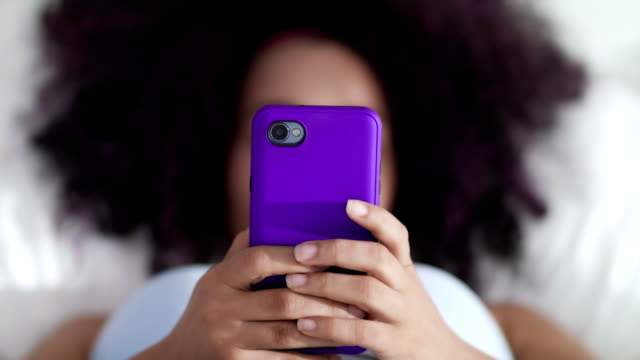News
Can We Trust Digital Banks with Our Money?

Today, digital banks are appealing to users with a narrative of seamless banking.
With no physical branches, digital banks allow you to open and maintain accounts from your smartphone. To sweeten the deal, they also operate without the pesky charges we’ve all come to hate. Yet, even with all of these, the big question that looms is, can one trust digital banks with money? The thinking is simple if a legacy bank makes a mistake with an account or wrongly debits a customer, there is an office where the can go and make their complaints known.
Say what you will about technological advancement, this is largely a low trust society with a lot of trust in brick and mortar. So, there is a worry about one’s money being safe, and because this is the age of data, there is also a worry about one’s personal data and whether or not the bank is sharing personal information with third parties.

Your money is safe with digital banks. Digital banks like VBank operate with a microfinance bank license, which means that depositors’ funds are insured by the Nigeria Deposit Insurance Corporation. Beyond this, a microfinance license means that the bank also has a minimum capital requirement of 5 billion Naira. With a minimum capital requirement as well as being insured by the NDIC, there’s little to no chance that depositors can lose their money. While the bank may not have physical structures, it is important to remember that they are regulated by the Central Bank of Nigeria as well as other financial regulatory authorities. Nigeria’s financial system is heavily regulated so you can rest easy that your money is going nowhere.
KYC helps your bank keep you safe. Since this talk is about regulation, one thing regulators insist on is for banks to have a Know Your Customer (KYC) procedure. A KYC is a set of processes for identifying and verifying customers. While a traditional bank will need you to come into a physical branch to fill out a lot of paperwork, the process can be simpler. Simple does not mean that digital banks are throwing caution to the wind. Banks like VFD as well as other fintech companies providing financial services must confirm the customer identity in advance of opening an account. They solve this problem in interesting ways; with some apps asking customers to take a selfie, and then linking your Bank Verification Number to confirm that the information you’ve provided checks out.

One thing a lot of people still ask is; “can’t someone pick up my phone, open my digital bank app, and make transactions?” The answer to this question is often two-factor authentication. When you log in to your account, along with your password you must enter a unique, one-time passcode. This usually arrives by SMS on your mobile phone.
There’s also the option of signing in with Biometric identification which is really nifty. Instead of using a password, anyone may guess, one could also use their fingerprint. Except a phone thief chops the fingers off along with the phone, all is fine.
In the end, you should know that your money and private information are just as safe with VBank as with any other legacy bank. You should also know that the team’s customer response unit is always happy to help you with any problems in a super quick time.
———————————————————————————————————————————–Sponsored Content




















